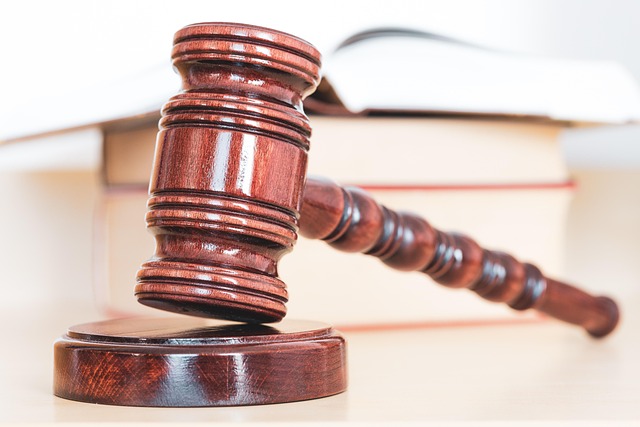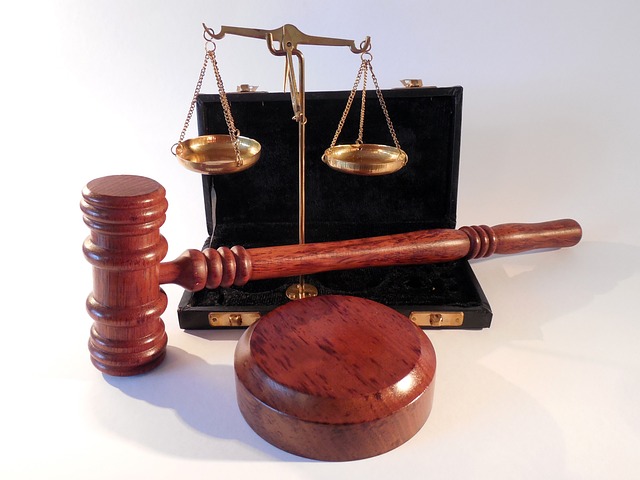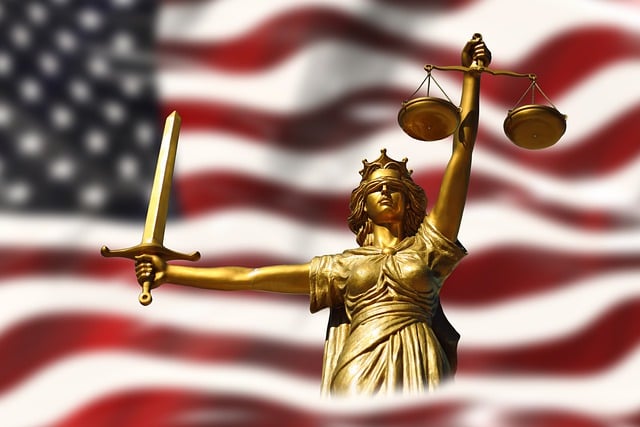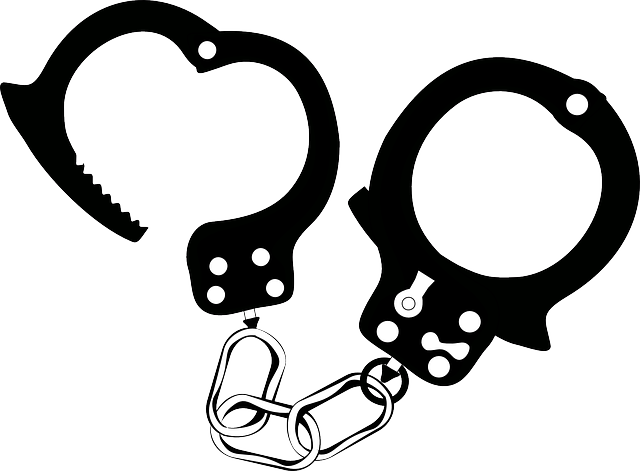Healthcare Compliance experts are vital in navigating complex legal and regulatory landscapes, especially in personal injury claims. They ensure patient protection by monitoring compliance with laws like HIPAA, Medicare, and Medicaid, identifying risks, and devising strategies to avoid breaches. In high-stakes cases, these experts gather and interpret evidence, scrutinizing medical records, witness statements, and financial documents to prove liability. Meticulous documentation, guided by healthcare compliance professionals, is key to successful personal injury claims, ensuring justice through robust evidence like medical records that detail patient history and diagnoses.
Healthcare Compliance Experts play a pivotal role in ensuring medical facilities adhere to legal and ethical standards. In the complex landscape of healthcare law, these specialists are crucial for mitigating risks and preventing non-compliance. This article delves into their multifaceted roles, focusing on key areas like understanding healthcare compliance, evidence collection for personal injury claims—a comprehensive guide highlighting the evidence needed—and the importance of thorough documentation in proving liability. Additionally, it explores navigating legal requirements with compliance experts to strengthen your case.
- Understanding Healthcare Compliance Experts: Their Role and Responsibilities
- Evidence Collection for Personal Injury Claims: A Comprehensive Guide
- The Importance of Documentation in Proving Liability
- Navigating Legal Requirements: Ensuring a Strong Case with Compliance Experts
Understanding Healthcare Compliance Experts: Their Role and Responsibilities

Healthcare Compliance experts are crucial in navigating the complex landscape of healthcare regulations and policies. Their primary role is to ensure that healthcare organizations adhere to legal requirements and ethical standards, thereby protecting patients and maintaining the integrity of the healthcare system. These experts possess a deep understanding of federal and state laws, including HIPAA (Health Insurance Portability and Accountability Act), Medicare, Medicaid, and other relevant statutes. They monitor internal processes, assess risks, and develop strategies to mitigate potential violations, ensuring that sensitive patient data is secure and properly managed.
In the context of personal injury claims, especially in high-stakes cases involving medical malpractice or jury trials, healthcare compliance experts play a vital role. Their expertise is often required to gather and interpret evidence needed for these claims. They can analyze medical records, identify patterns of non-compliance, and provide insights that strengthen legal arguments. By bridging the gap between healthcare operations and legal proceedings, these professionals ensure that cases are handled efficiently and fairly, upholding the rights of patients and holding healthcare providers accountable when necessary.
Evidence Collection for Personal Injury Claims: A Comprehensive Guide

When navigating evidence collection for personal injury claims, a comprehensive guide is essential to ensure successful outcomes in even the most complex cases. In high-stakes cases involving significant injuries and substantial financial losses, meticulous documentation becomes paramount. Every detail matters, from medical records detailing the extent of injuries to witness statements providing firsthand accounts of the incident.
Collecting evidence needed for a personal injury claim involves a systematic approach tailored to each unique situation. This process may include securing photographs that capture the scene of the accident and any visible injuries, obtaining expert opinions from medical professionals to substantiate diagnoses, and compiling financial records illustrating the economic impact of the harm sustained. Understanding the respective business practices and norms within philanthropic and political communities can also play a crucial role in gathering relevant evidence.
The Importance of Documentation in Proving Liability

In personal injury claims, documentation plays a pivotal role in proving liability and ensuring justice for victims. When it comes to navigating complex legal proceedings, having thorough and accurate records is invaluable. Experts in healthcare compliance understand the intricate details of medical record-keeping, which is essential for supporting claims. These records serve as concrete evidence needed for a personal injury claim, detailing the sequence of events, patient history, diagnoses, treatments, and potential negligence.
The importance of proper documentation cannot be overstated, especially when presenting a case in court. During jury trials, these detailed records help demonstrate the responsibility of healthcare providers and institutions, ultimately aiding in decision-making processes. This is particularly crucial in the context of general criminal defense strategies, where solid medical evidence can either exonerate or convict individuals involved in legal disputes, including those within the philanthropic and political communities.
Navigating Legal Requirements: Ensuring a Strong Case with Compliance Experts

Navigating the complex web of legal requirements is a daunting task for any personal injury claim. This is where healthcare compliance experts prove invaluable. They possess a deep understanding of the intricate laws and regulations that govern medical practices, ensuring that every document and procedure follows strict adherence to legal standards. This meticulous attention to detail becomes paramount in high-stakes cases, where the evidence needed for a successful claim can mean the difference between a favorable outcome and a complete dismissal of all charges.
Compliance experts assist clients by meticulously reviewing medical records, preparing comprehensive reports, and ensuring that all necessary documentation is in place. Their expertise allows them to identify potential pitfalls and gaps in evidence, which could otherwise weaken or undermine a case. By leveraging their knowledge, these professionals fortify the case, increasing the likelihood of a favorable resolution for their clients.
Healthcare compliance experts play a pivotal role in ensuring that medical institutions adhere to legal and ethical standards, especially during personal injury claims. By understanding their expertise and leveraging their knowledge, individuals seeking compensation can navigate the complex landscape of evidence collection and legal requirements. The comprehensive guides provided offer invaluable insights into gathering essential evidence needed for a personal injury claim, highlighting the importance of documentation in proving liability. Ultimately, these resources empower folks to ensure a strong case and secure the justice they deserve.






